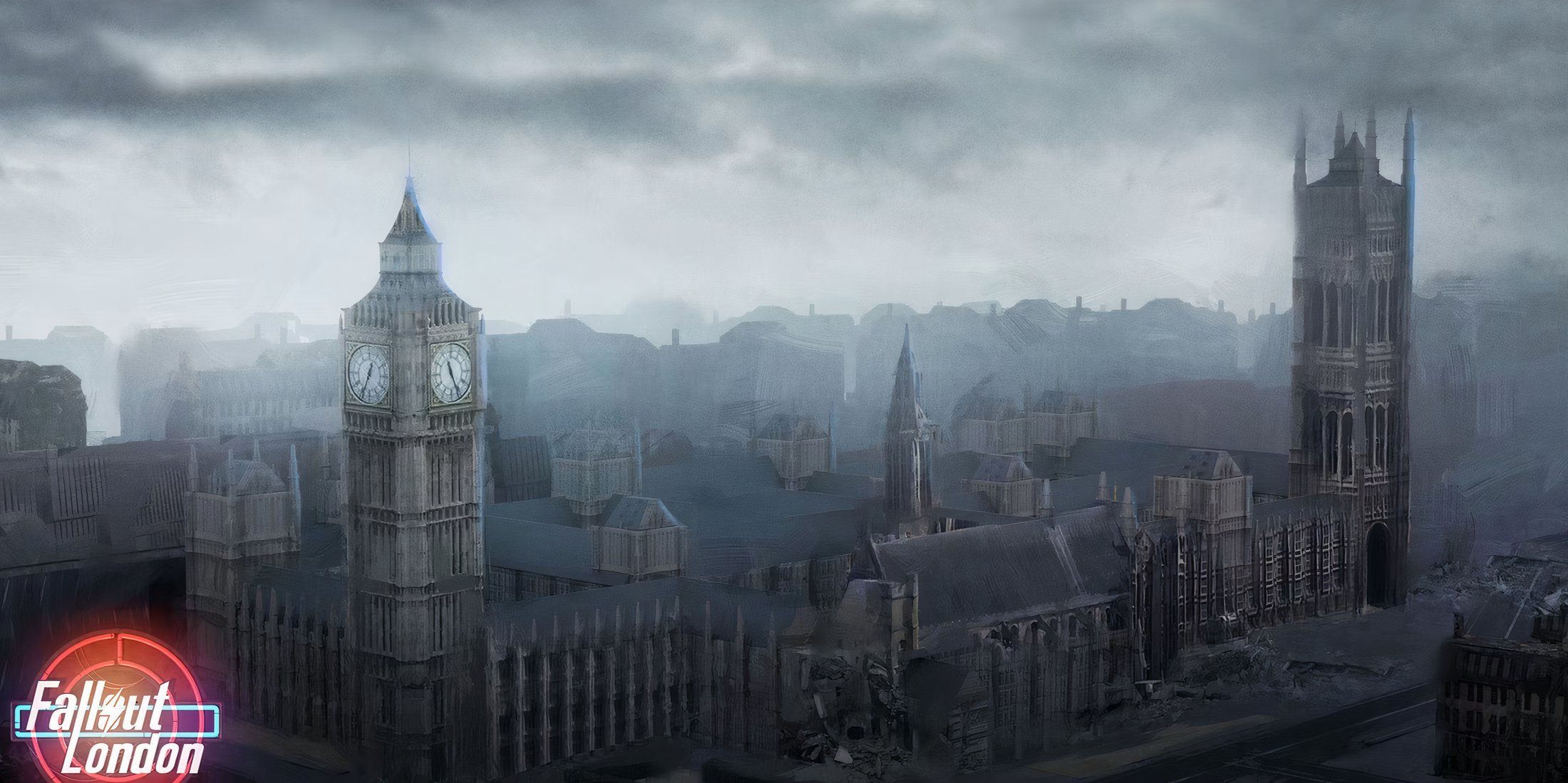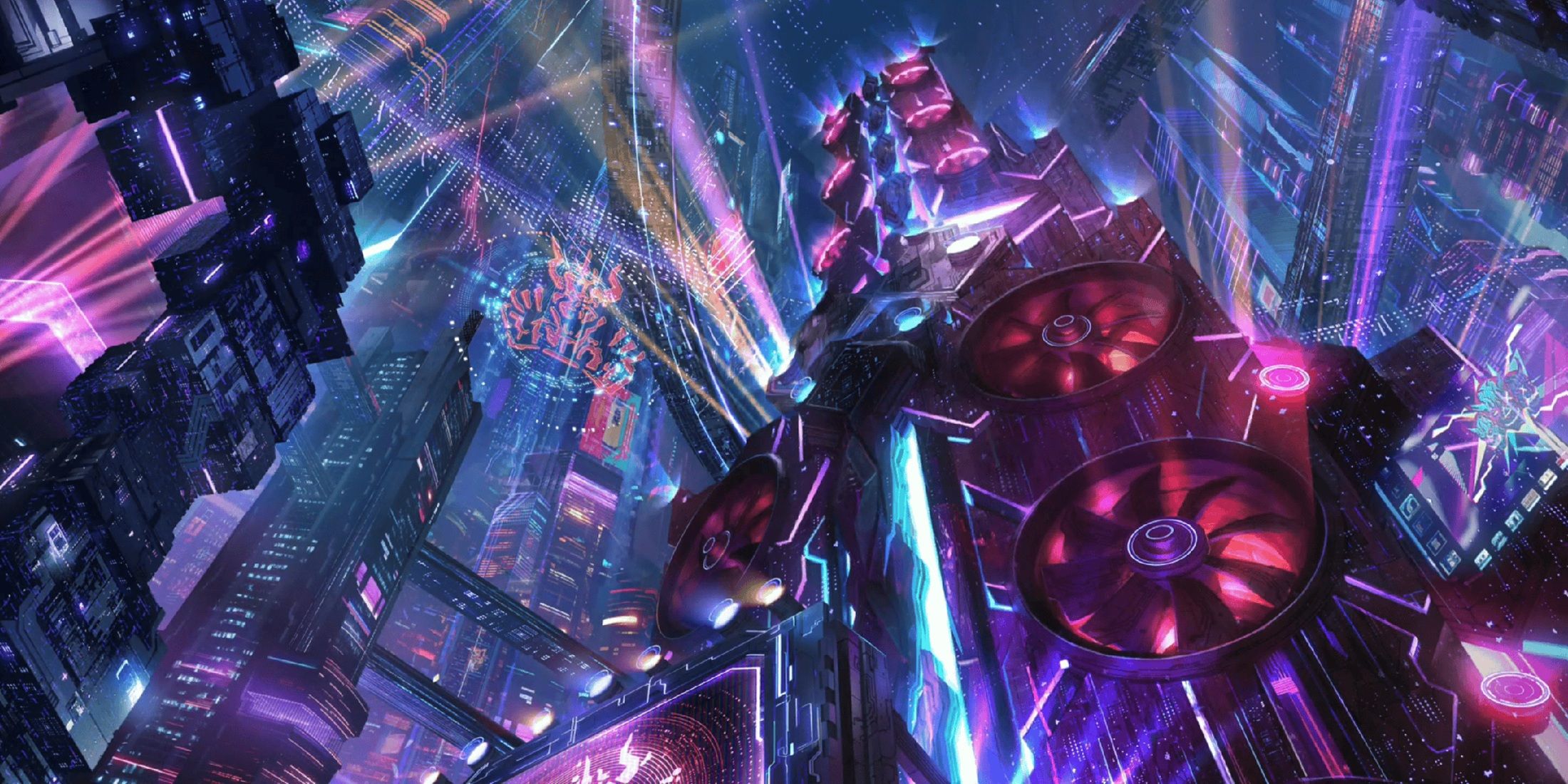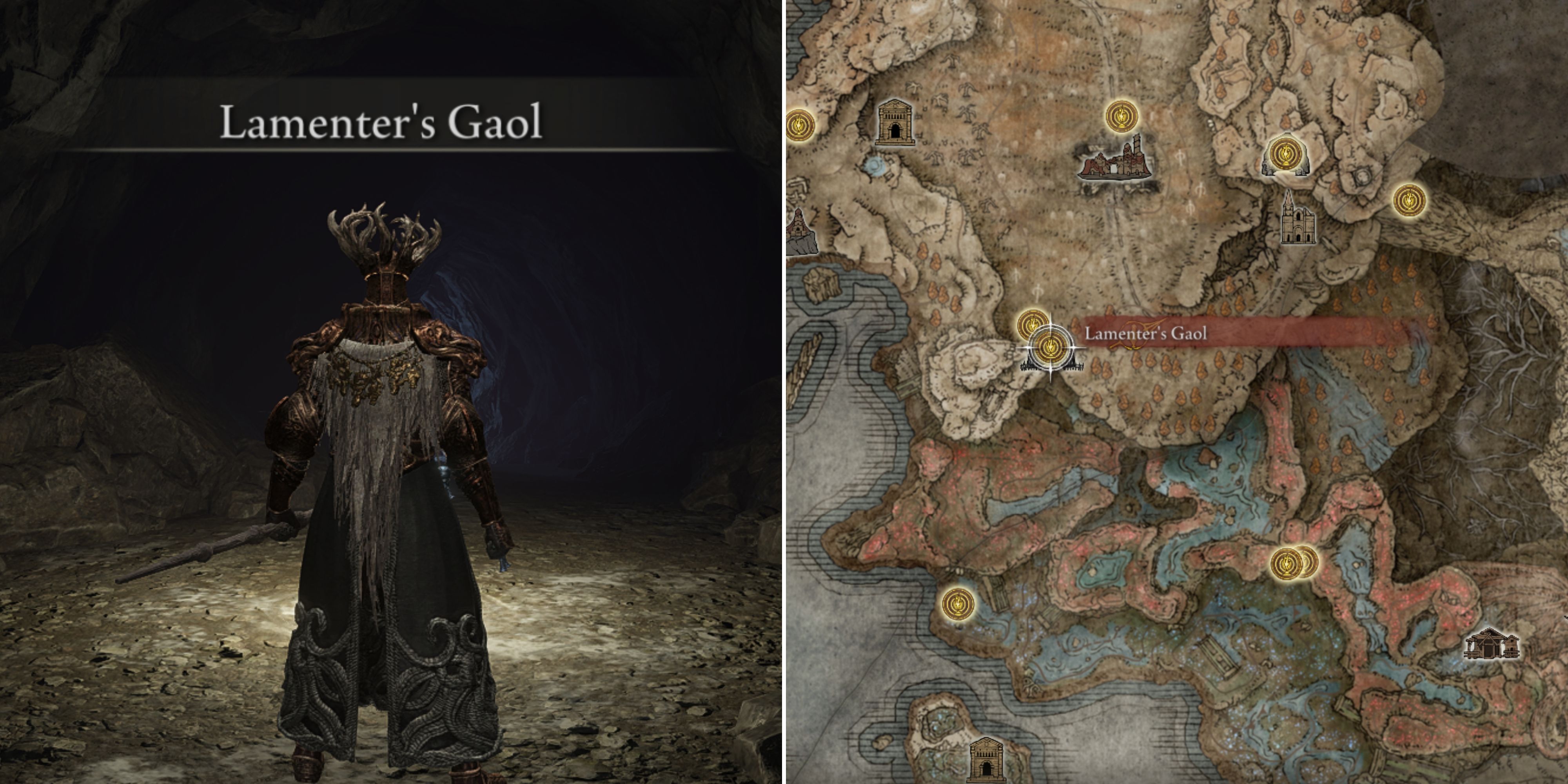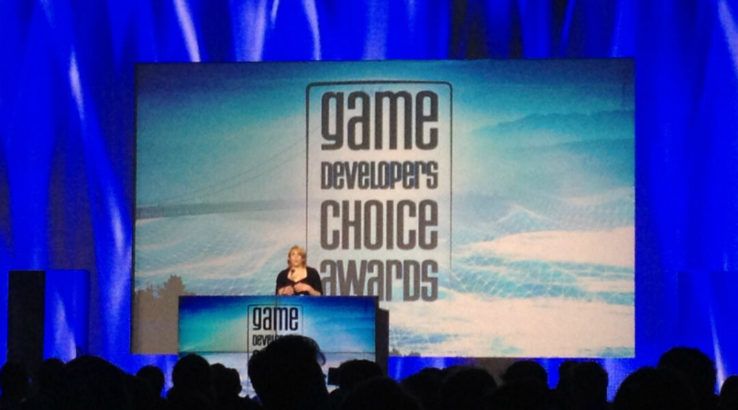Unionization is one of the best ways for workers to ensure that they have safe work conditions and checks and balances in the workplace. While it makes sense that every worker would want to have these assurances, it can take quite a bit for them to actually band together and form a union, and the games industry is no exception. However, it seems developers are opening up to the idea, according to a nearly 4,000 participant survey done by the Game Developers Conference.
The survey asked developers if workers in the video game industry should unionize. 47% of those surveyed responded yes to the question, with 26% stating maybe and 16% saying no. The remaining 11% responded with "don't know." However, developers had far less faith that the industry would actually unionize, with a mere 21% believing that it would, 39% saying maybe, and 24% saying no.
Game developers put in notoriously long hours to create the products that gamers love, with 44% of surveyed workers saying they work more than 40 hours a week on average. Additionally, nearly 40 respondents claimed to have worked an astounding 101-110 hour week within the past 12 months. This crunch time has drawn some heat to developers like Rockstar, who recently faced backlash for its studio's crunch culture.
The survey also gave video game workers the chance to say why they spent some much time doing crunch work. Self-pressure was the most common reason, with 69% of respondents claiming that was why they felt the need to work such long hours.
Many developers fear speaking out about crunch hours and harmful studio cultures for fear of being replaced by younger, more naive developers, especially at large studios working on strict schedules. However, speaking out and banding together is the only way to change a studio's culture. This method works too - Riot Games changed its studio culture after reports of sexist and toxic behavior surfaced online. The fact of the matter is that no one should be forced to work absurdly long hours simply to ship a game, and this industry-wide culture needs to change. Unionization could help with that change, giving workers protections against long hours and missing benefits.
It's important that more studios use Bungie, which ended its reliance on crunch culture with Destiny 2, as an example and change their practices, and even more important that video game workers form unions to keep themselves protected.
Source: GDC





